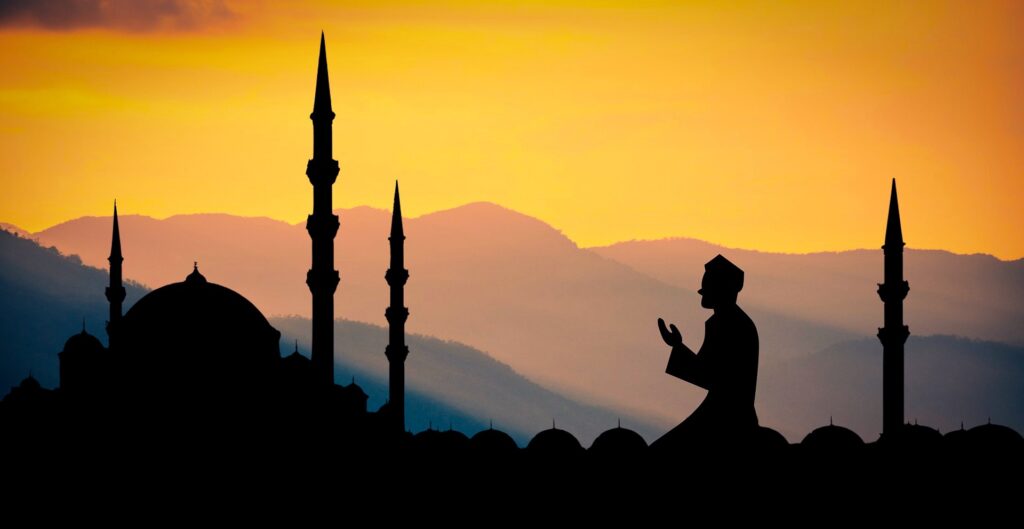
Ramadan is a holy month for Muslims around the world, but what does it truly entail? In this blog post, we’ll delve into the spiritual aspects of Ramadan and explore its significance for those who practice Islam. Ramadan is a time of spiritual rejuvenation, reflection, and sacrifice for millions of Muslims worldwide. It is a holy month that is observed by Muslims of all ages, genders, and nationalities, and it is a time of heightened spirituality and connection with Allah.
But what exactly is Ramadan, and what are its spiritual aspects? For those who are not familiar with Islam or the holy month of Ramadan, this blog post is for you. In this post, we will explore the spiritual significance of Ramadan and its various practices that make it one of the most special times of the year for Muslims.
What is Ramadan?
Ramadan is the ninth month of the Islamic calendar, which follows the lunar cycle. It is a time of fasting, prayer, and reflection for Muslims around the world. During Ramadan, Muslims abstain from food, water, and other physical needs from dawn until sunset. Fasting during Ramadan is one of the Five Pillars of Islam, which are the fundamental beliefs and practices that form the foundation of the Islamic faith.
In addition to fasting, Muslims also engage in increased prayer and spiritual reflection during Ramadan. This includes reciting the Quran, the holy book of Islam, and performing additional prayers throughout the day and night. Ramadan is also a time of charity and generosity, with Muslims encouraged to give to those in need and perform acts of kindness and service.
The Spiritual Aspects of Ramadan
Now that we have a basic understanding of what Ramadan is, let’s delve deeper into its spiritual aspects. Here are some of the key spiritual practices and beliefs associated with Ramadan:
- Fasting:
Fasting during Ramadan is a way for Muslims to practice self-discipline and increase their awareness of Allah. It is a time to focus on spiritual purification and break bad habits. Fasting also reminds Muslims of the blessings they have in life and encourages them to be grateful for what they have.
- Prayer:
Prayer is an essential part of Islam, and it is even more emphasized during Ramadan. Muslims are encouraged to increase their prayer during this holy month, including reciting the Quran and performing additional prayers throughout the day and night.
- Charity:
Charity is a cornerstone of Islam, and it is even more important during Ramadan. Muslims are encouraged to give to those in need and perform acts of kindness and service during this holy month. This includes giving to charity organizations, feeding the poor, and performing other acts of kindness.
- Reflection:
Ramadan is a time of reflection and introspection. Muslims are encouraged to reflect on their spiritual journey and reconnect with Allah. It is a time to assess one’s own character and make positive changes in one’s life.
- Community:
Ramadan is a time of community and togetherness. Muslims come together to break their fasts and pray together in the mosque. It is a time to strengthen bonds with family, friends, and the larger Muslim community.
FAQs:
Q: Do all Muslims observe Ramadan?
A: Yes, Ramadan is observed by Muslims all over the world. However, some exceptions apply, such as pregnant women, children, the elderly, and those with health conditions that prevent them from fasting.
Q: When and how long is Ramadan observed?
A: Ramadan is observed during the ninth month of the Islamic calendar, which follows the lunar cycle. The exact dates of Ramadan may vary each year, depending on the sighting of the new moon. Ramadan typically lasts for approximately 29-30 days, which is one lunar month.
Q: What is the significance of Ramadan?
A: Ramadan is a time of spiritual renewal and reflection for Muslims. It is a time for Muslims to purify their souls, strengthen their faith, and reconnect with Allah. The act of fasting during Ramadan is seen as a way to demonstrate devotion and submission to Allah, as well as a way to empathize with those who are less fortunate. Beyond the spiritual significance, Ramadan is also a time for family and community gatherings, charitable giving, and acts of kindness. Overall, Ramadan is an important time for Muslims to deepen their faith, strengthen their relationships, and renew their commitment to serving others.


thank you so much for this questions
You’re welcome … Glad you enjoyed the post!